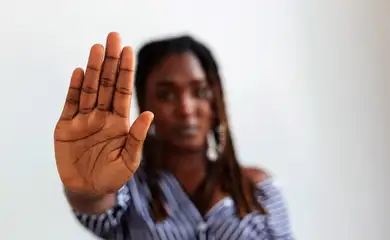Food insecurity in Brazil higher for black women

At least 12.5 percent of black women in Brazil are moderately or severely food insecure. The figure can be found in the latest report by the Brazilian Inequalities Observatory, released Tuesday (Aug. 27) at an event in the lower house, in Brasília. Moderate food insecurity is detected when people have difficulty obtaining food. Severe food insecurity is characterized by hunger.

“Particularly striking is how clearly the most disadvantaged and vulnerable groups [women and black people] come to the fore,” said Oded Grajew, a member of the National Pact to Combat Inequalities. Still on the food insecurity scale, 12.3 percent of the victims are black men. Among non-blacks, the percentage is 5.8 percent for women and 5.5 percent for men.
Further data from the report show, for example, that the average monthly income of black women is only 42 percent of that of non-black men. They are also more often unemployed (11.5%) than non-black men (5.2%).
Oded Grajew believes that race combined with gender is the aspect that deserves the most attention. The document also indicates there has been an increase in the proportion of indigenous children suffering from malnutrition: 16.1 percent among boys and 11.1 percent among girls.
“Fighting inequality means setting new priorities and investing where investment is most needed. We must turn our attention to the most vulnerable and marginalized groups. In Brazil, it’s the black population and it’s women,” he said.
“In some cases, it has stayed the same and even increased in inequality. We created the National Pact to Combat Inequality because inequality is what builds a society of castes, conflicts, and violence. The feeling of injustice is poison for society,” he added.
Changing for the better
The report not only raises concerns, but also points to changing scenarios. Among the positive data, it highlights there was a 40 percent decline in the proportion of people in extreme poverty. And the biggest reduction was among black women.
The text also states there has been a 20 percent slump in unemployment and a real gain of around 8.3 percent in the average income from all sources. The proportion of black women aged between 18 and 24 in higher education was 19.2 percent, up 12.3 percent from the previous year.
In his view, progress can be made through better public policies and a tax system that does not direct resources to the richest. “All countries that preach a more egalitarian society have a tax system that should be an instrument for reducing inequality.”





